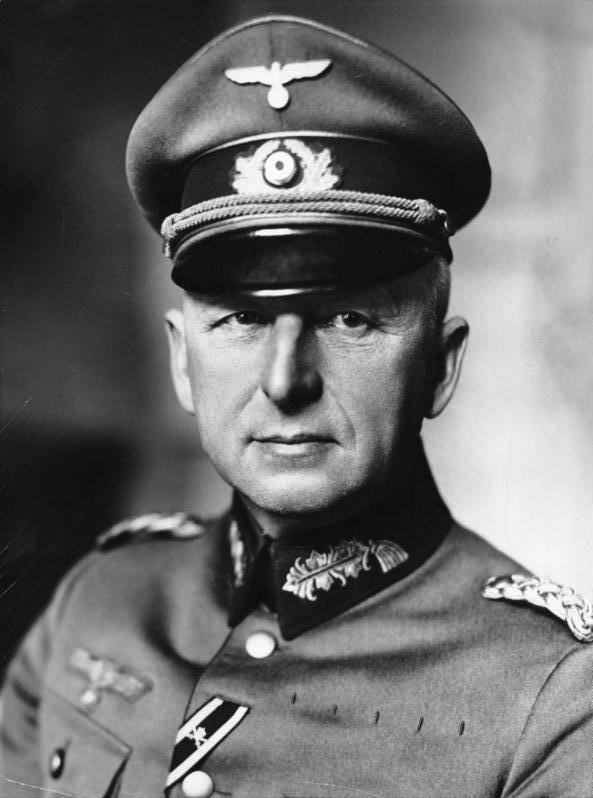Post by General William T. Sherman on Apr 16, 2016 19:44:59 GMT
The Victorian stretches from the Congress of Vienna in 1815 to the start of WWII in 1914. This period resulted in numerous dramatic changes in almost every realm, whether it be scientific, political, religious, or virtually any other realm. Many major historical events occurred during this time, from the formation of states such as Germany and Italy to the Scramble for Africa. As a result, there will be numerous different mechanics for this stuff.
We will begin in 1830 and end in 1914.
r
First, the colonization process. From the beginning, there will be unclaimed land that now one can get to for a while. When I say while, i mean 1860's (A good 30 or so years). In order to colonize, you must research certain technologies. These will, of course, be in a separate Tech thread. Once you actually research the techs, you can colonize. You can only colonize one area at a time. In order to actually colonize, you have to spend one turn of a round to move into the area and claim it as your own, and you can only colonize one province per round.
Why have colonies? Because whoever has the most power by the end of the game wins! Power is split into three areas: Prestige (Pretty much how proud your country is), military (Kind of obvious, this is whatever your BP is) and the percentage of cities. Whenever you colonize a province, you gain 5 prestige. Whoever has the largest total average of Prestige, cities and military wins by the end of the game. Ill go into cities later.
Now, just because you see some unclaimed land doesn't mean that you can take it. For example, most of Patagonia is unclaimed, but only countries who border that region can colonize it. This is because it would be really weird looking to have someone like France colonize Patagonia. I'll go further into what areas everyone can colonize and what areas only a few people can colonize are when the maps come up.
There is also a major event regarding the Congo. Historically, the Congo Free State was given Belgian King Leopold II. But in this TW, countries can compete for who gets it. Only countries without territory on the African continent already can compete for it (So that means countries like France, Spain, Portugal, Britain, and the Ottomans cannot get the Congo Free State. Countries like the Netherlands or Denmark can get this because their african land can be sold to a country later on). How you compete for the Congo Free State is by saying that you would like the Congo Free State. When at most 4 people ask for the Congo Free State, a few dice rolls by yours truly will take place and the final winner of these dice rolls will gain the Congo Free State.
Why try to get the Congo Free State? Because if you win the Congo Free State, you can win a lot of prestige. The amount of prestige you win is based off how many people are competing. Here are the stats:
If no one else competes for the Congo Free State: Winner gains 30 prestige.
If 2 people compete for the Congo Free State: Winner gains 50 prestige.
If 3 people compete for the Congo Free State: Winner gains 70 prestige.
If 4 people compete for the Congo Free State: Winner gains 100 prestige.
Obviously, the more people who compete, the bigger the prize. Also, if you get the Congo Free State then you cannot colonize any other province in Africa (You can still colonize areas like Australia, Canada, etc.
Cities:
You can begin founding cities once your research a tech which is unlocked in the 1840's. Cities take three turns to found and the city must be built in one round. You cannot build 2/3 of the city one round and then finish it the next. You can also only found one city per round. Having cities contributes to your overall Power score, so having as many cities as possible helps you win the game.
Diplomacy:
There are no preset factions in this TW as, just like the real Victorian Era, no alliances were ever set in stone forever. So you can forge alliances and break them whenever you so please, but for the sake of sportsmanship you are not allowed to declare war on a nation you have just broke an alliance with for two rounds. For the war realm, you can only take at most two provinces from another country in a regular war, but in a world war, you can take as many as you want as long as you don't annex the country.
World Wars:
World Wars are unlocked once any country has researched the technology "Global Interconnection". World Wars are different than typical wars. World Wars usually will begin between two different alliances, but they can quickly expand to include most of the globe. Random events will occur which allow for a random nation to either join a side or remain neutral. You can not willingly join a side whenever you want. The losing countries in the World War all lose 80 prestige and all of their colonies.
Unification:
As the Victorian Era saw the unification and centralization of multiple countries, so obviously unification will be a major component.
In order to unify an area as a new country, there are some requirements. First, all territory which will later become part of your country must either be under your direct control, or a vassal of yours. Second, you have to research the Tech "Nationalist Sentiments". And finally, you must win at least one War of Hegemony. A War of Hegemony is a war where you cannot take any land from your enemy, but you have to win this war if you want to form your nation.
The Following Formable Nations:
North German Federation (NGF) -Can be formed by Prussia
South German Federation (SGF)-Can be formed by Bavaria
Germany-Can be formed by NGF or SGF
Italy-Can be formed by Sardinia-Piedmont
The FRCA-Can be formed Guatemala, Honduras, El Salvador, and Costa Rica
The Andine Federation-Can be formed by Chile, Peru or Bolivia
Gran Colombia-Can be formed by Colombia, Venezuela or Ecuador
Scandinavia-Can be formed by Sweden or Denmark
If you form one of these nations, you will gain 80 prestige upon forming the nation.
Warfare:
Warfare is mostly similar to what we're used to, but there are some pretty drastic changes for the Navy.
Land Warfare is virtually the same, but unit types such as cavalry will become far less effective as the game progresses, and new unit types such as Airplanes and Tanks can be unlocked at ~1900.
Naval Warfare is going to change a lot, however. The basic battle structure remains the same, you engage the enemy, you roll the dice, etc. etc. But the actual movement of naval ships changes a lot. On the map, there will be rivers such as the Congo River, Paraguayan River, or the Rhine River (and more, of course). You can send your ships up these inland rivers and you can block enemy troops from moving across the river if your ship is docked there (Your navy will block enemy movement into any provinces it touches on the River). You can also support a land attack with your navy in these inland rivers. Troop carriers can also carry troops on the inland rivers.
There is also a supply range for ships. At the start of the game, ships can move across two or three (Haven't decided yet) ocean tiles before they will have to dock at either your port or a friendly port. You can get techs to increase your movement, but ports on the coast are necessary if you are going to start an overseas empire. This is the reason why you can take land in Africa at the start of the game, because you can take coastal regions of Africa or other areas to be able to dock your ships at.
Prestige:
As I've said before, prestige can be gained through gaining colonies and forming nations, but you can gain prestige through two other ways.
The first way is by winning a war. If you win a war, then you can either:
1. Take no provinces and gain 30 prestige
2. Take one province and gain 15 prestige
3. Take two provinces and gain 0 prestige
You can also gain prestige through technology. You can research technologies which will give you a certain amount of prestige per round (One tech might give you 5 prestige per round, the next will give you 10, then 15, then 20, etc.)








